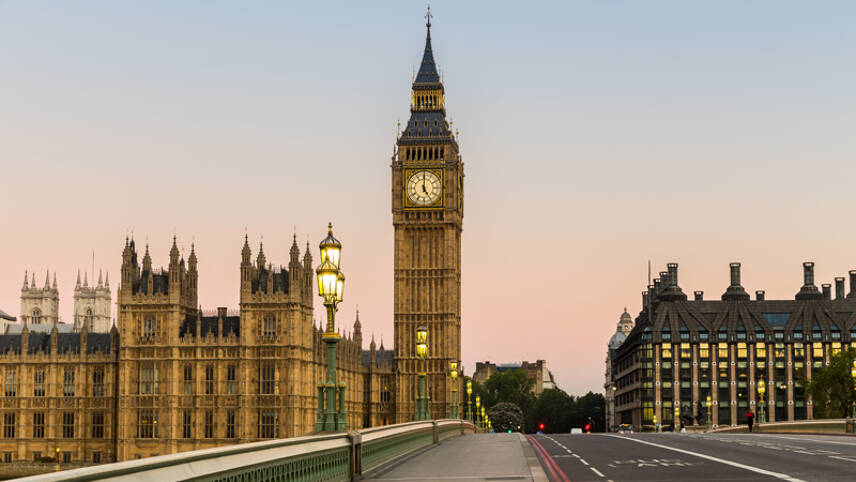Register for free and continue reading
Join our growing army of changemakers and get unlimited access to our premium content

Confirmation for the withdrawal came on Thursday (22 February), following months of deliberation. The UK Government announced in September 2023 that it would withdraw from the Treaty if key modernisation proposals, largely focused on the transition away from fossil fuels, were not adopted.
In withdrawing, the UK Government stated that nations are stuck at a “stalemate” in discussions to adopt these proposals which have been on the table since 2022. It also expressed little hope for progress to be made this year.
Energy Security and Net-Zero Minister Graham Stuart said: “The Energy Charter Treaty is outdated and in urgent need of reform but talks have stalled and sensible renewal looks increasingly unlikely.
“Remaining a member would not support our transition to cleaner, cheaper energy, and could even penalise us for our world-leading efforts to deliver net zero.”
Nine EU member states have already withdrawn from the Treaty on the same grounds. The EU launched a proposal for its other member states to leave the Treaty in July 2023, but this is on the back-burner now ahead of this summer’s elections.
The Energy Charter Treaty was launched in 1991 and ratified in 1994. It provides a multilateral legal framework for international collaboration on the financing of energy infrastructure.
The Treaty also sets out how countries can take legal action against one another for failing to pursue shared energy systems objectives.
Most finance, historically, has gone to fossil fuels – although there have been some smaller investments in energy efficiency, distribution and storage networks.
The UK’s incumbent Conservative Government has pledged to end coal-fired power generation this autumn and bring all unabated gas-fired power generation offline by 2035 by scaling a mix of renewables, nuclear and carbon capture.
Opposition party Labour has, ahead of the General Election, pledged to bring forward this 2035 vision for a decarbonised power system to 2030.
The UK’s withdrawal will take effect after one year.
Green economy reaction
Green economy groups have welcomed the UK’s decision, although many had hoped it would have been made sooner.
Green Alliance’s executive director Shaun Spiers said: “Civil society organisations and parliamentarians from all political parties have been clear that the Energy Charter Treaty is an out-of-date agreement and undermines our efforts to tackle climate change. We welcome the UK’s decision to leave, which will strengthen global efforts to roll out cheap, clean renewable energy.”
E3G’s chief of staff Jonny Peters said: “The UK’s decision to leave the Treaty is a victory for campaigners and politicians across the political spectrum, who have long called it out for being incompatible with our climate commitments.
“Now that the Government has taken this welcome decision, the UK needs to develop a diplomatic strategy to make other investment agreements compatible with net-zero.”
Friends of the Earth campaigner Kierra Box similarly said: “Leaving this incredibly flawed treaty is a brilliant win for our environment and the climate, and a sensible move as European governments exit the agreement in ever greater numbers – citing risks to their sovereignty and climate progress.
“But the problem doesn’t end there – similar mechanisms still exist within other treaties, enabling overseas investors to sue governments in tens of nations around the world, including the UK. To truly safeguard our planet, we need to rid ourselves all of agreements that prioritise the business interests of a few wealthy shareholders above our collective future.”


Please login or Register to leave a comment.